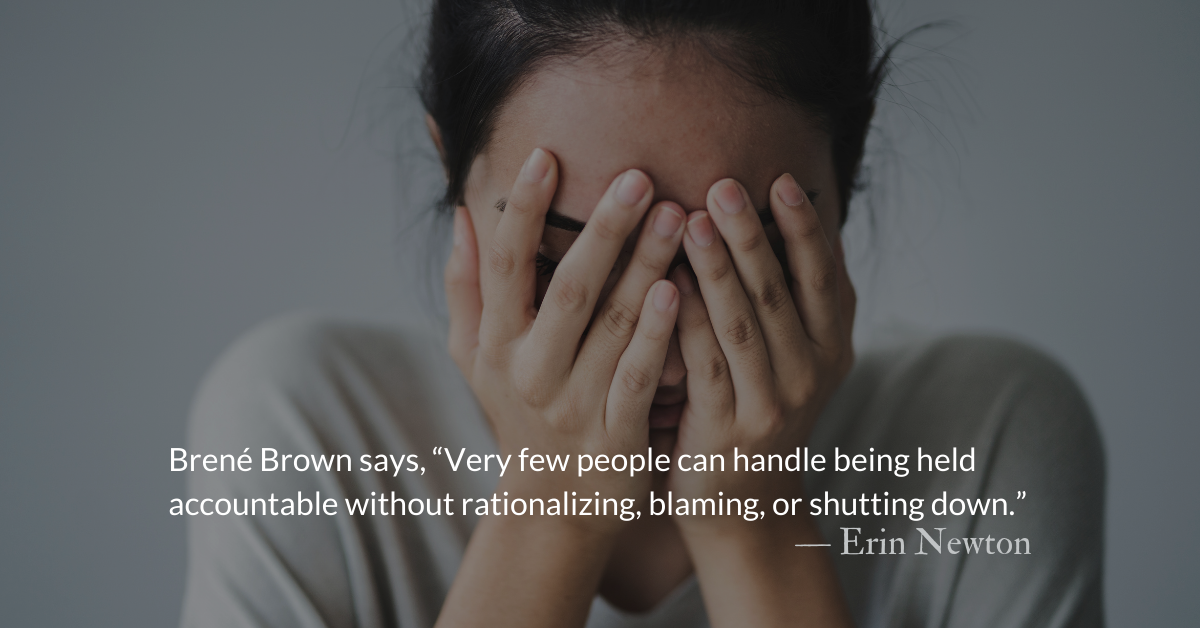Scripture Focus: Job 20.2-3
2 My troubled thoughts prompt me to answer
because I am greatly disturbed.
3 I hear a rebuke that dishonors me,
and my understanding inspires me to reply.
Reflection: Hounding the Wounded
By Erin Newton
In 2017, my son had an accident while in the hospital and coded. He survived, miraculously. Days later, a discussion about unrelated plans resulted in a friend scolding me for a minor offense. Though forgiven, those words echo painfully in my mind.
From the depths of his heartache, Job asks why his friends have decided to “hound” him (Job 19.28), literally using a Hebrew military term about pursuing an enemy. Job is in pain, suffering physically, emotionally, and spiritually but his friends treat him as a spiritual enemy.
Zophar feels wounded by Job’s reply to their insensitivity. Job’s complaint is justified and expected from one in despair. Zophar is concerned with his own honor and seeks to defend his view of God’s justice toward the wicked, a debate that continues for chapters between Job and his friends.
The debate centers over whether God judges the wicked during their lifetime or as Job proposes, sometimes the wicked prosper and one must wait to see the hand of God. Zophar repeats the assumption that the loss of wealth and declining health are indicative of God’s judgment. This theory suggests that Job is responsible for his own pain and there the trauma grows. When I was hurt by my friend’s rash judgment, it added to my present trauma.
The question must be asked: What is our goal in correcting others? Do we seek their edification? Or are we too busy defending our own honor? Job keeps pleading with them for pity. Your words are hurting me. But the friends dig in further. It’s all your fault.
Brené Brown says, “Very few people can handle being held accountable without rationalizing, blaming, or shutting down.” Zophar didn’t have time or patience for Job’s pain. He demanded that the sufferer retract his words while inflicting the same disparaging slander upon his friend.
I’ve had a small taste of the bitter encouragement Job endured. I’m also part of the white, evangelical, Christian community. There has been temptation to defend my honor as a white believer before listening to the pain of my brothers and sisters. This Monday we honored the work of Martin Luther King, Jr. A Zophar-like attitude tempts me to try and say something to preserve my own honor. The better option is to sit silently with our friends. Be willing to be humbled, held accountable, and listen deeply. Let them speak, we want to hear.
Divine Hours Prayer: The Call to Prayer
But I will call upon God, and the Lord will deliver me.
In the evening, in the morning, and at noonday, I will complain and lament,
He will bring me safely back… God, who is enthroned of old, will hear me… — Psalm 55.17
– From The Divine Hours: Prayers for Autumn and Wintertime by Phyllis Tickle.
Today’s Readings
Job 20 (Listen – 2:52)
Psalm 30 (Listen – 1:32)
Join us! Walk through the Bible with us…
Share this subscription link with friends, family, or your community of faith. Find joy reflecting on God’s Word!
https://mailchi.mp/theparkforum/m-f-daily-email-devotional
Read more about God is Faithful, not Indebted
Job and his friends believed in an indebted God who owed good to the righteous, owed suffering to the wicked, and never made late payments.









